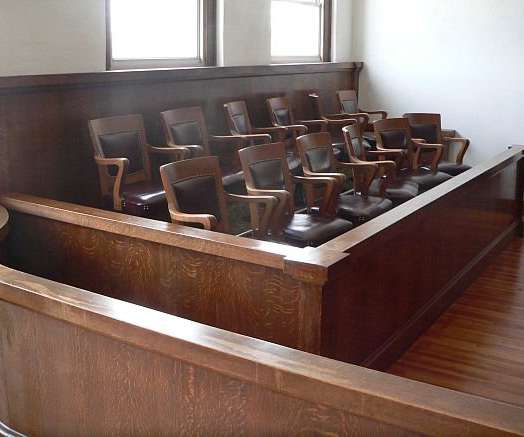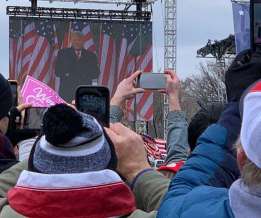US Supreme Court declines to hear case regarding jury size in felony trials
JURIST
NOVEMBER 8, 2022
Six states in the US allow for trials before six or eight-person juries in felony cases: Arizona, Connecticut, Florida, Indiana, Massachusetts and Utah. This deviation from the standard 12-person jury was permitted by the 1970 US Supreme Court ruling in Williams v.
.png)














Let's personalize your content